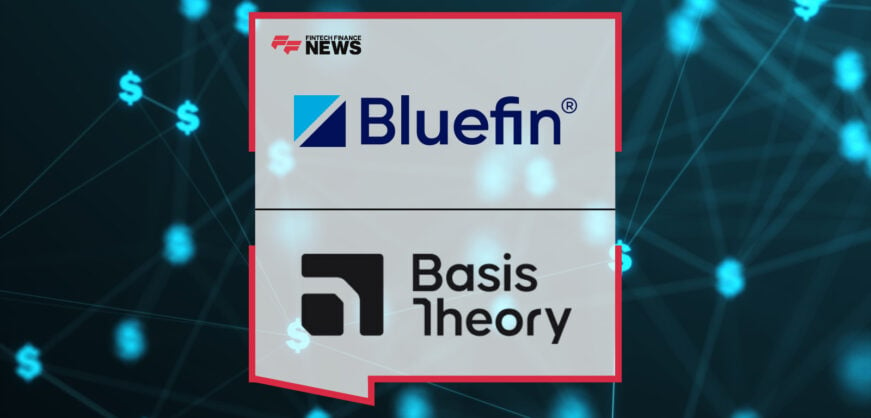Breaking News
APIs Driving Embedded Finance Innovation
The financial services industry is evolving rapidly, and APIs are at the core of this transformation. At FIS and HSBC, experts highlight how APIs are no longer just technical tools but strategic enablers that allow banks, fintechs, and third-party providers to collaborate efficiently. APIs facilitate seamless integrations, connecting traditional banking systems with modern digital experiences, from online banking and mobile apps to ATMs and kiosks. They also enable connections to risk management, fraud detection, and customer relationship systems, giving organizations the ability to offer smarter, more responsive services to their clients.
APIs democratize access to financial services, allowing developers to build innovative solutions without having to recreate complex legacy infrastructures. Componentized API solutions allow customer journeys to be broken down into modular processes. For instance, opening a new bank account can involve multiple steps, including customer creation, KYC verification, entitlement allocation, and account activation. By leveraging APIs, these processes are simplified and orchestrated behind the scenes, giving banks the ability to deliver faster and more consistent experiences without extensive training for their staff or developers.
In the context of embedded finance, APIs play a crucial role in integrating financial services into the core operations of businesses. Payments, insurance, and fund management solutions can now be seamlessly embedded into the customer’s primary interactions. Whether a consumer makes a payment at a point of sale or a business executes fund transfers, APIs ensure the experience is smooth, secure, and instantaneous. This integration allows fintech clients to service their users directly and create wallet-like functionalities without needing to be a bank themselves.
Furthermore, APIs support real-time data visibility, enabling fund managers and investors to monitor payment flows and balances across multiple accounts. Through direct API connections to virtual account platforms, stakeholders gain near-instant insight into cash flow, liquidity, and transactional details, empowering them to make informed financial decisions quickly. The continuous evolution of APIs also opens the door for more advanced capabilities such as blockchain-based payments, tokenized deposits, and cross-border real-time settlements, all of which are increasingly critical in a 24/7 financial ecosystem.
Finally, APIs facilitate scalability and innovation. By standardizing integrations, organizations can focus on building differentiated services and value-added features rather than reinventing basic financial infrastructure. APIs also allow seamless collaboration with multiple providers, ensuring that end-users benefit from best-in-class solutions while banks and fintechs reduce operational complexity. This continuous development and integration ultimately create a flexible, reliable, and modern financial ecosystem capable of adapting to evolving customer expectations and technological advancements.
People In This Post
Companies In This Post
- Bluefin and Basis Theory Partner to Enable Unified Tokenization Across Digital and In-Person Payments Read more
- Invest Bank and AUTON8 Build Partnership to Drive Digital Resilience and Banking Agility Read more
- ING’s AI Roadmap: Platform, People, and Agentic AI Read more
- UK-fintech Provided Over £17.5m in Emergency Wage Advances to More Than 55,000 Employees in the Last Year Read more
- TreviPay Announces AI-Powered Growth Center to Help Enterprises Predict Buyer Behavior and Drive B2B Sales Read more



















